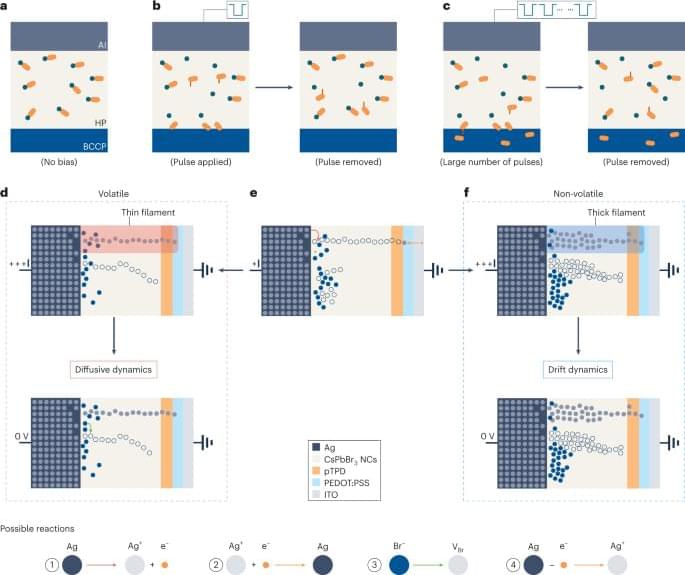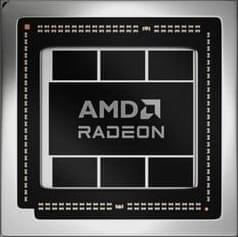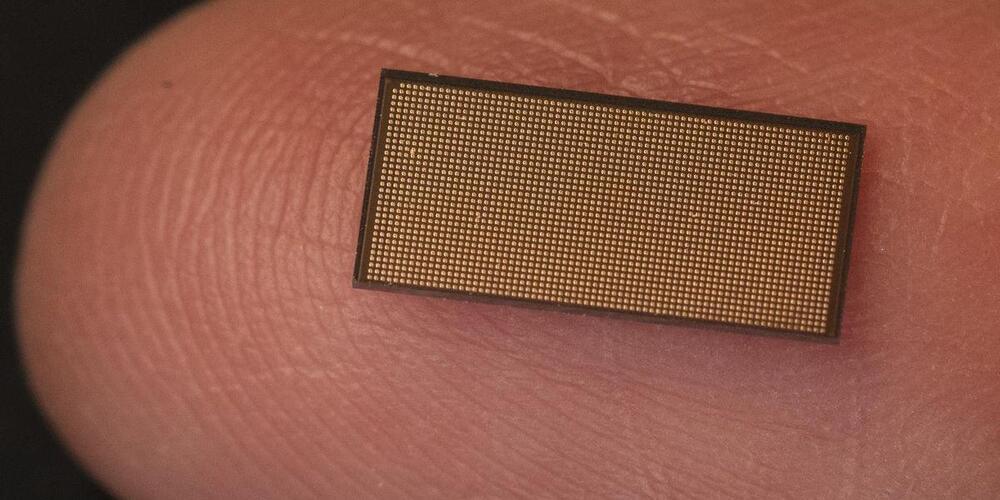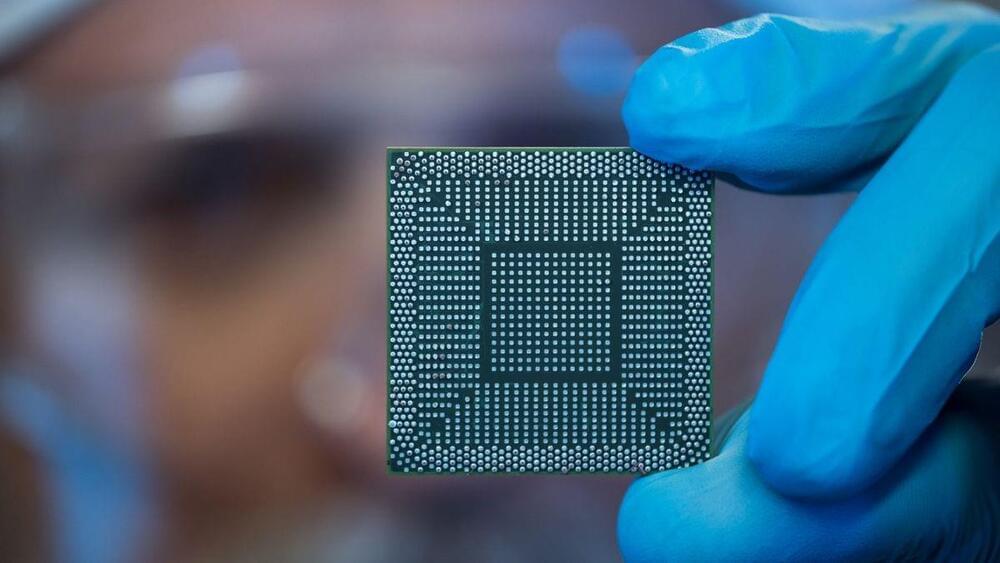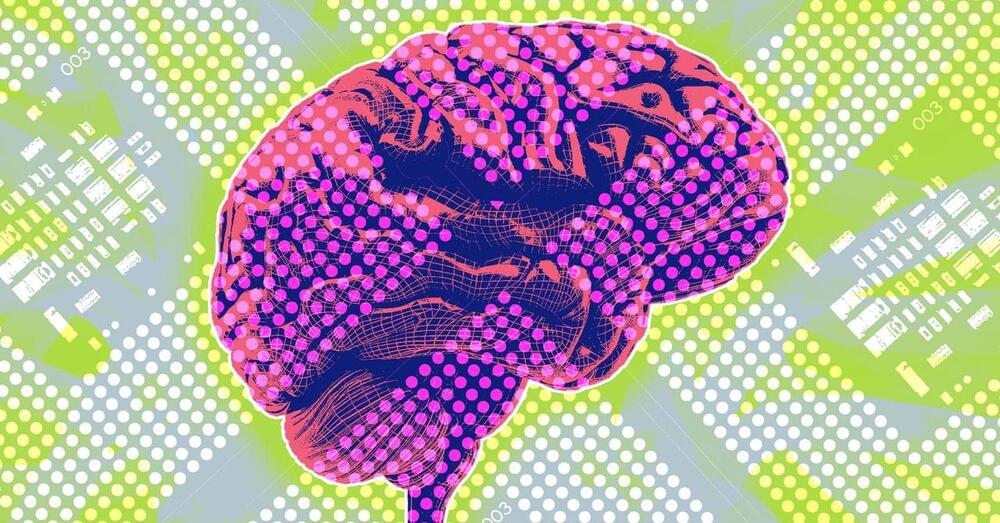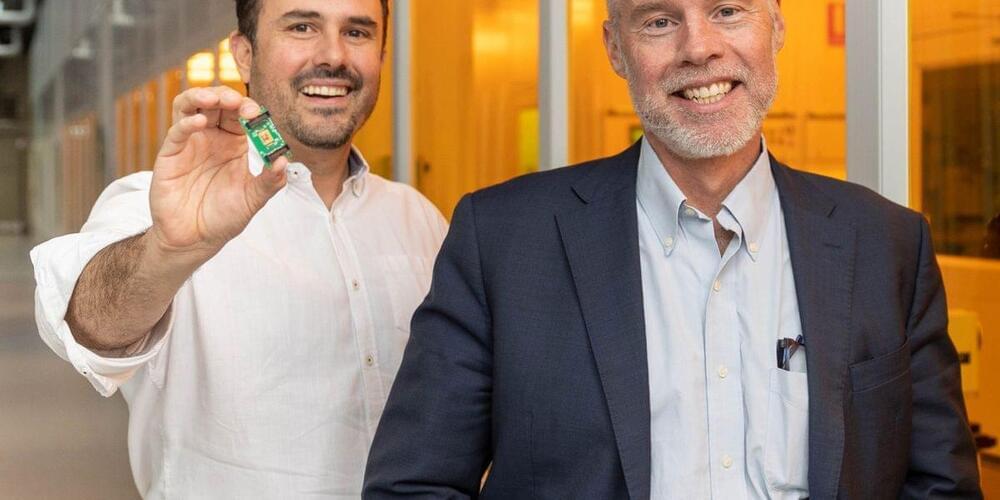
The Sydney team exploited stimulated Brillouin scattering, a technique which involves converting electrical fields into pressure waves in certain insulators, such as optical fibers. In 2011, the researchers reported that Brillouin scattering held potential for high-resolution filtering, and developed new manufacturing techniques to combine a chalcogenide Brillouin waveguide on a silicon chip. In 2023, they managed to combine a photonic filter and modulator on the same type of chip. The combination gives the experimental chip a spectral resolution of 37 megahertz and a wider bandwidth than preceding chips, the team reported in a paper published 20 November in Nature Communications.
“The integration of the modulator with this active waveguide is the key breakthrough here,” says nanophotonics researcher David Marpaung of the University Twente in the Netherlands. Marpaung worked with the Sydney group a decade ago and now leads his own research group that is taking a different approach in the quest to achieve wide-band, high-resolution photonic radio sensitivity in a tiny package. Marpaung says that when someone reaches sub-10-MHz spectral resolution across a 100 gigahertz band, they will be able to replace bulkier electronic RF chips in the marketplace. Another advantage of such chips is that they would convert RF signals to optical signals for direct transmission through fiber optic networks. The winners of that race will be able to reach the huge market of telecoms providers and defense manufacturers who need radio receivers capable of reliably navigating complicated radio-frequency (RF) environments.
“Chalcogenide has a very strong Brillouin effect; it’s very good, but there is still a question of whether this is scalable…it’s still perceived as a lab material,” Marpaung says. The Sydney group had to figure out a new way to fit the chalcogenide waveguides in a 5-millimeter-square package into a standard manufactured silicon chip, which was no easy task. In 2017, the group figured out how to combine chalcogenide onto a silicon input/output ring, but it took until this year for anyone to manage the combination with a standard chip.
